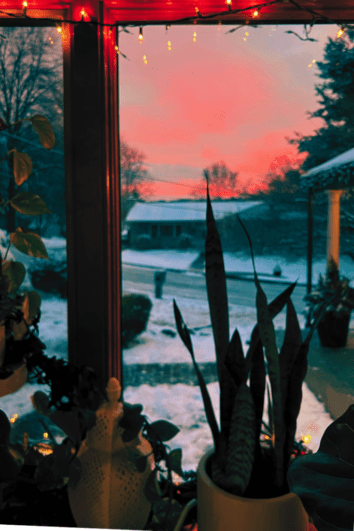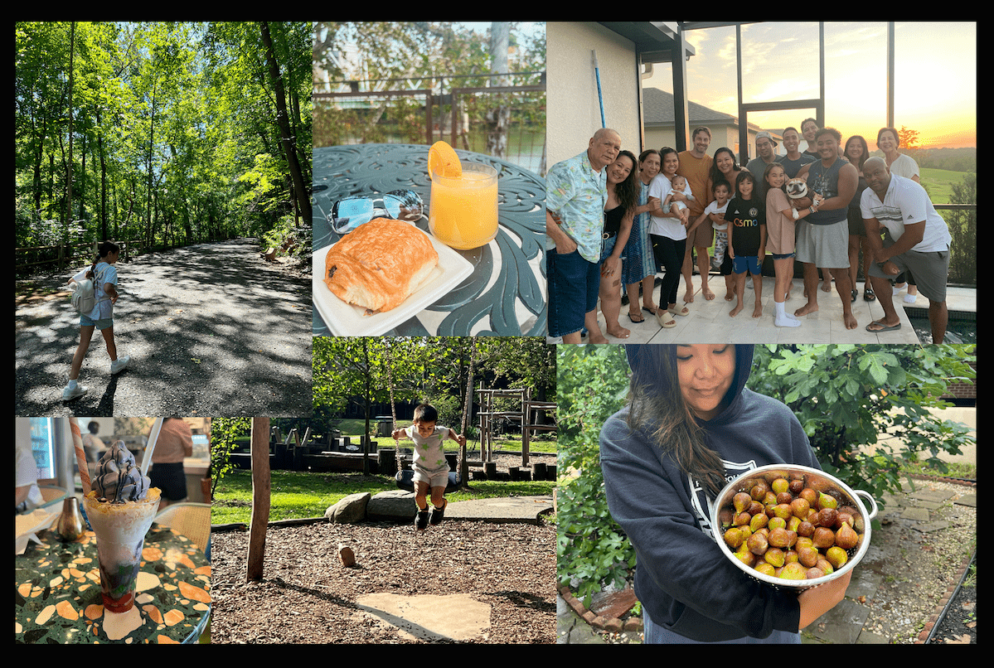As an immigrant youth, the chase of the American dream was my north star. If I focused, worked hard, and got good grades, I could be anything I wanted to be (except, as a naturalized citizen, become President of the United States, which my younger self was livid about).
So I studied diligently. I’d write meticulous notes. I’d take four hours creating detailed study guides ahead of examinations and review them for another four hours. Often, I’d have trouble sleeping the night before tests. Sometimes, I’d feel as though I couldn’t breathe after flipping over the test packet once it was time to begin. This exam anxiety was compounded by the stressors of a busy afterschool calendar and of navigating the ever-complicated dynamics of American student life.
It was the grind, and, yes, the grind brought with it those good grades, along with suffocating pressure. Later, the grind would fuel me through grad school, which would lead me to employment in a field for which I was passionate while also having me experience my first panic attack (in the middle of taking a test, fittingly). The early years of my career, the grind would help keep my family afloat, as I worked as a freelancer around the clock, typing up an article that would pay for that week’s groceries while bouncing on a yoga ball with my daughter tucked into a baby carrier I was wearing.
And the grind followed me into SEARAC. Yet here, for the first time ever, I heard, “It’s okay to say no to things.” It was absolutely jarring to someone who had always used productivity and output as primary measures of success.
At SEARAC, I’d work on letting go of the hustle, a process that is still ongoing. Alongside contributing and building my communications skillset to advance SEARAC’s mission, I’ve developed intentionality around eliminating (or at least minimizing) some of my most unhealthy work habits — checking and answering emails during time off, squeezing in additional assignments without deprioritizing other tasks, agreeing to projects without any hesitation so I could feel valued as a team player, scrolling through news feeds even on weekends so I felt on top of everything happening everywhere.
This exercise of unlearning came to the ultimate test this past late summer/fall, when it was time for me to take my 10-week sabbatical, a benefit I had earned for having reached five years of employment with SEARAC. Leading up to it, I had thought I would fill the weeks visiting friends I hadn’t seen in a while, traveling down roads I hadn’t yet traveled, taking in new sights that would create lasting memories. Instead, I largely turned inward, enjoying the solitude, writing, running, gardening, sometimes just sitting outside and basking in the silence, while my children were in school (with exception to a fun, two-week vacation to close out the summer spending time with family in Florida). Author’s note: I acknowledge that this entire experience was permitted through a station of privilege not available to most people, and with that knowledge, I carry immense gratitude.

My sabbatical was not just a period of rest—it was a triumph over the grind that had shaped my sense of self over three decades.
Upon reflection, in the end, I did create a lasting memory, of slowing down, of finding joy in simple moments, of living in the present, and it’s a memory I got to share with my family as well. Now that I’ve returned to work, I find myself ready to take on 2024—and the journey toward the Southeast Asian American community’s 50th anniversary in 2025—not only with renewed energy, but also the ability to look around rather than solely ahead.
In doing so I’ve awakened to discover that the dream I’d been chasing holds nothing to the dream I’ve been living.
Elaine Sanchez Wilson is SEARAC’s Senior Director of Communications and can be reached at elaine@searac.org.

